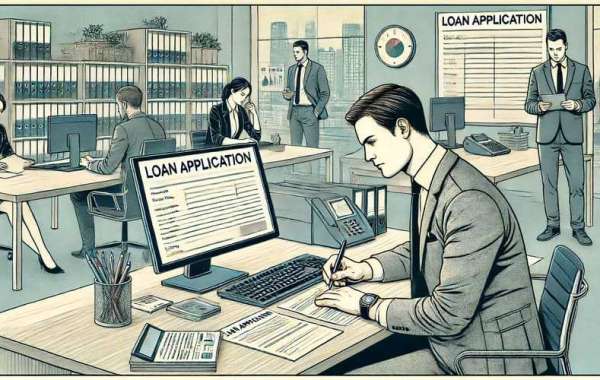If your Social Security disability application has been denied at both the initial and reconsideration stages, the next step is a hearing in front of an Administrative Law Judge (ALJ). This hearing gives you the opportunity to speak directly to a judge about your condition and present supporting evidence.
However, it’s not uncommon to walk away from the hearing feeling unsure about how it went. While there’s no immediate way to know the outcome, there are a few signs that you lost your disability hearing that may help you prepare emotionally and strategically for what comes next.
Let’s begin by briefly reviewing what a disability hearing involves.
What Happens at a Disability Hearing?
Disability hearings are private and informal compared to court proceedings. The ALJ will ask you questions about your medical condition, work history, and how your symptoms limit your ability to perform everyday tasks and maintain employment.
Your attorney will also be there to present evidence, question you when necessary, and address any weaknesses in your case.
Potential Signs You Didn’t Win Your Hearing
While you won’t know the official outcome until you receive the judge’s decision by mail, here are some possible indicators that your hearing didn’t go in your favor:
1. The Judge Questioned the Accuracy of Your Testimony
If the judge appeared doubtful of your answers or pointed out inconsistencies between your testimony and your medical records, it might have raised concerns about your credibility. For instance, if you said you can’t drive but didn’t explain how you arrived at the hearing, the judge may view this as conflicting information.
Tip: Always be honest. Even minor exaggerations can harm your credibility and influence the outcome.
2. Your Medical Records Contain Unfavorable Details
Even strong cases sometimes include red flags, such as missed appointments, not following treatment plans, or short-term returns to work. These don’t necessarily ruin your claim—but if left unexplained, they can make the judge question the severity of your condition.
An experienced attorney can help you address these details and explain them clearly during the hearing.
3. Your Evidence Was Missing or Outdated
A successful hearing relies on up-to-date and complete medical records. If critical information wasn’t submitted ahead of time—specifically at least five business days before the hearing—it may have impacted the judge’s ability to approve your claim.
This can result in delays or requests for more evidence, or in some cases, a denial due to insufficient proof.
4. Your Attorney Wasn’t Optimistic About the Result
If your lawyer seemed concerned after the hearing or discussed withdrawing your application, they might believe a denial is likely. This can be a strategic decision—by withdrawing, you can sometimes avoid a formal denial that would make future claims harder due to the administrative finality rule, which assumes the original decision was correct.
5. The Vocational Expert Found You Could Do Other Work
If the vocational expert stated that someone with your limitations could still perform certain jobs available in the national economy, it’s a common sign that the judge may deny your claim. Judges rely heavily on this expert testimony when making their final decision.
What to Do If Your Claim Is Denied
Even if you see signs that your hearing didn’t go well, don’t lose hope. If the ALJ issues an unfavorable decision, you have 60 days to request a review by the Social Security Appeals Council. If the Council doesn’t reverse the decision, your case can be taken to federal court.
Many applicants eventually win their claims at the appeals level, especially with the help of a skilled attorney and stronger documentation.
Stay the Course — Your Case Isn’t Over
Seeing signs that you lost your disability hearing can be discouraging, but it doesn’t mean your case is finished. With persistence, legal support, and thorough preparation, there’s still a real chance you can win your benefits.
At OASinc, we support clients through every phase of the disability process—from preparing for hearings to filing appeals and presenting your case in federal court. Our goal is to ensure your voice is heard and your medical condition is fully understood.
If your disability truly prevents you from working, don’t give up. There’s a path forward, and we’re here to help you navigate it.





